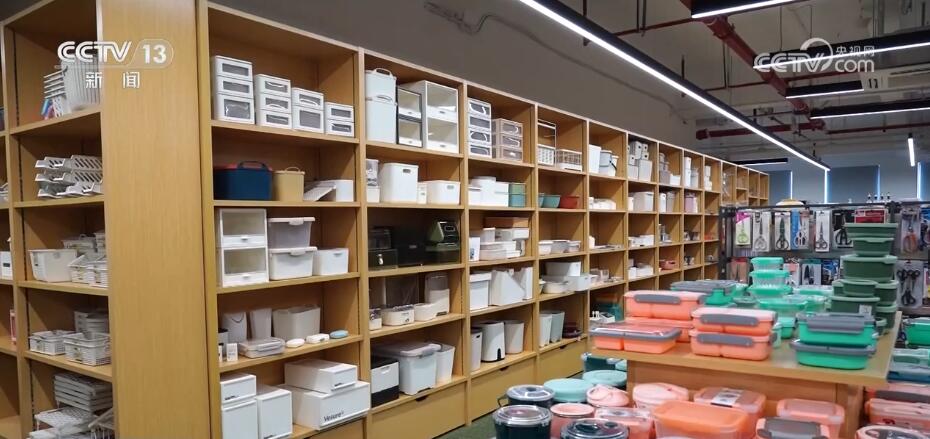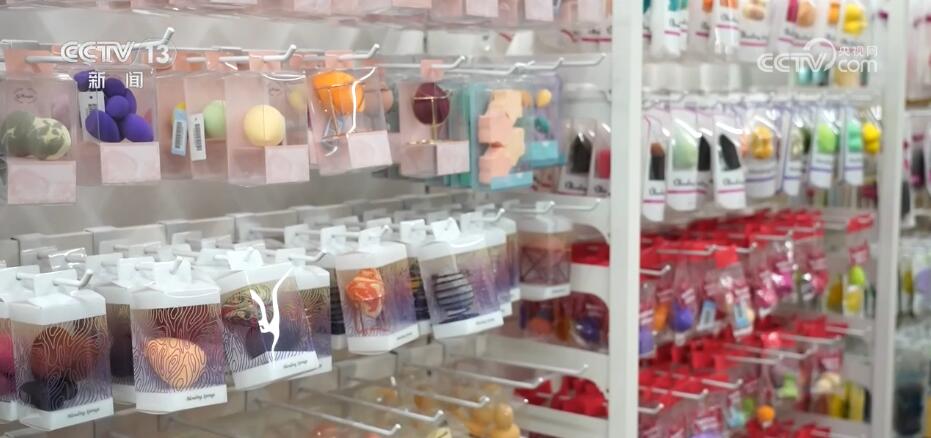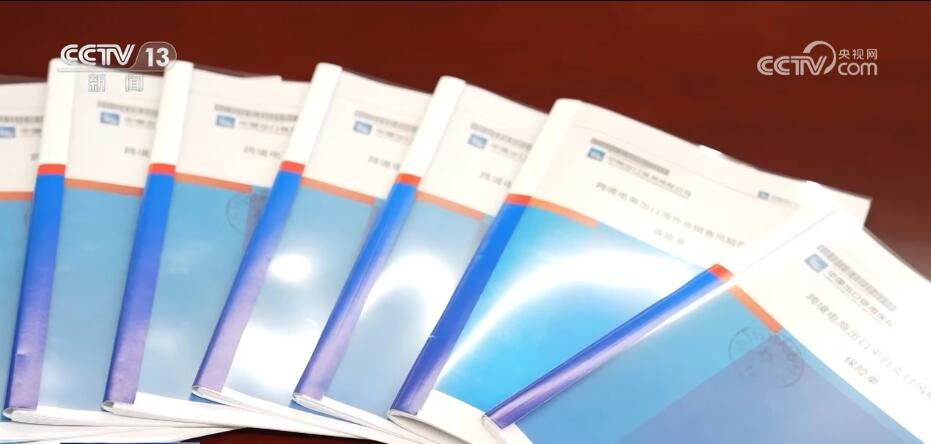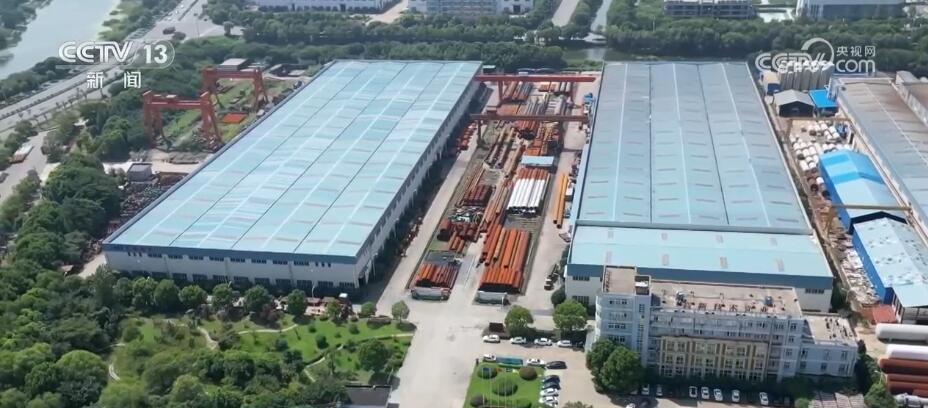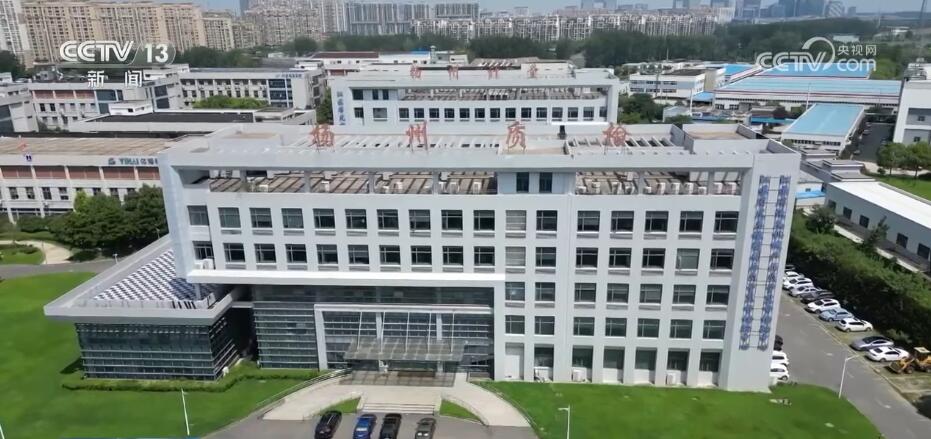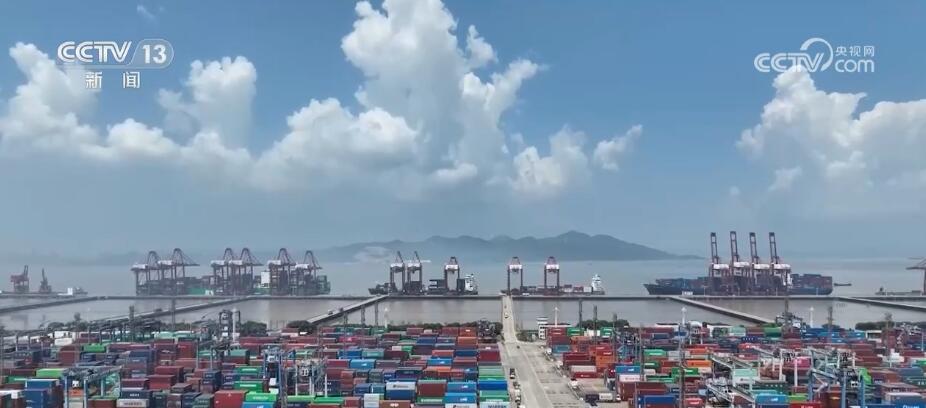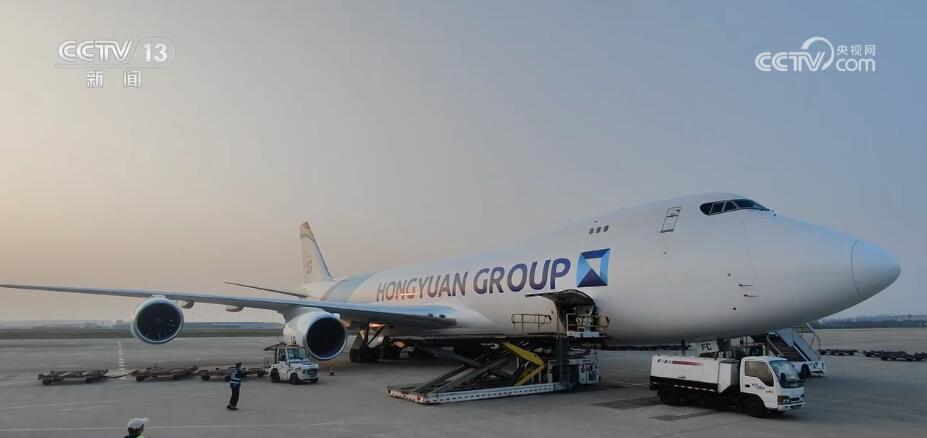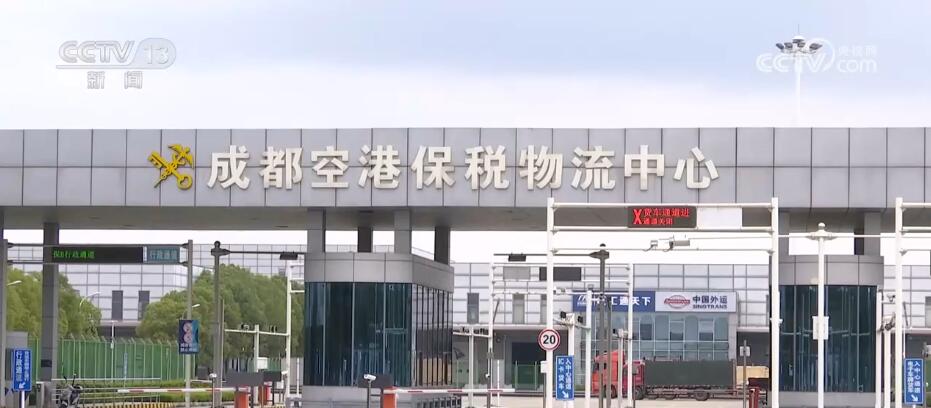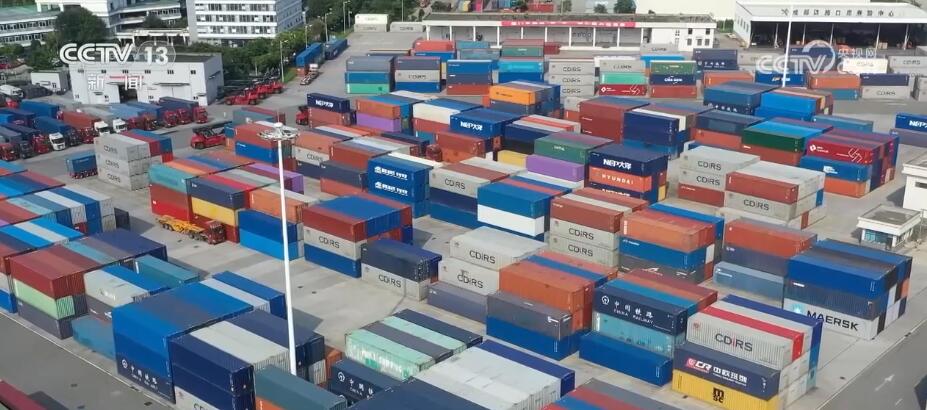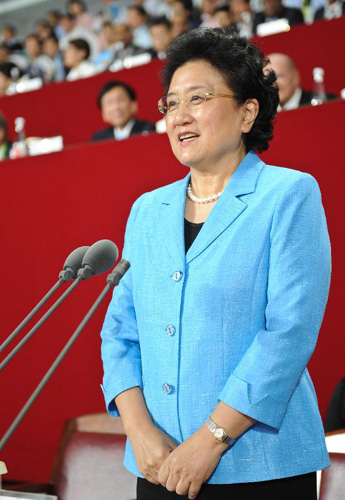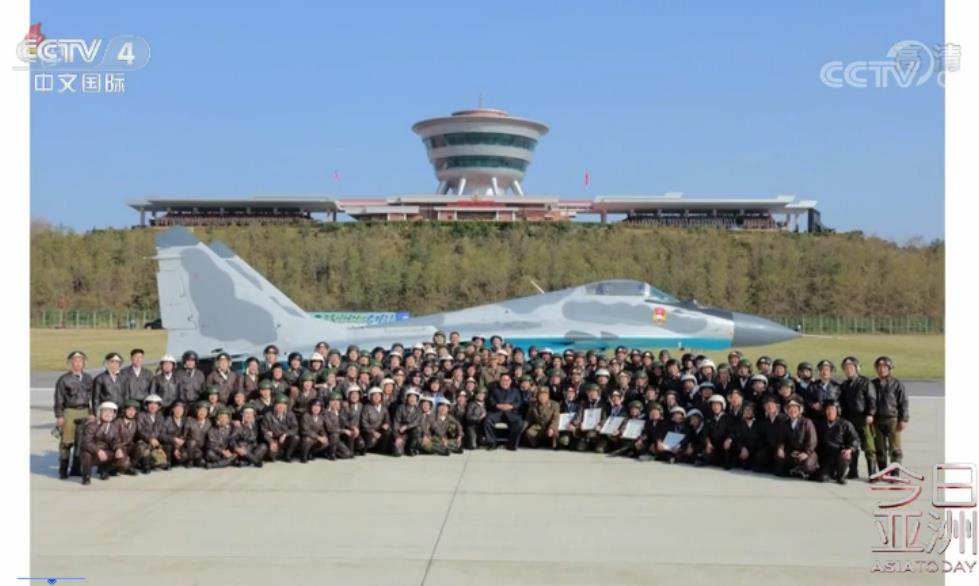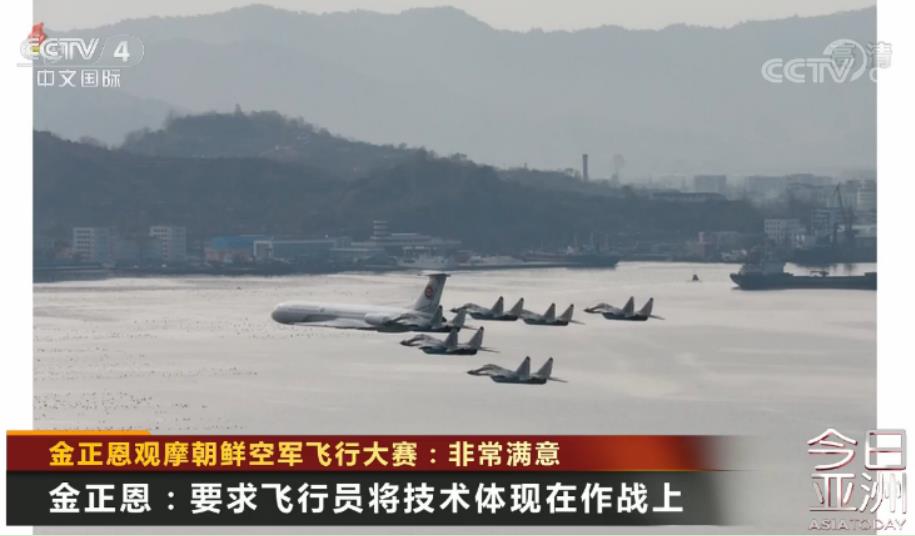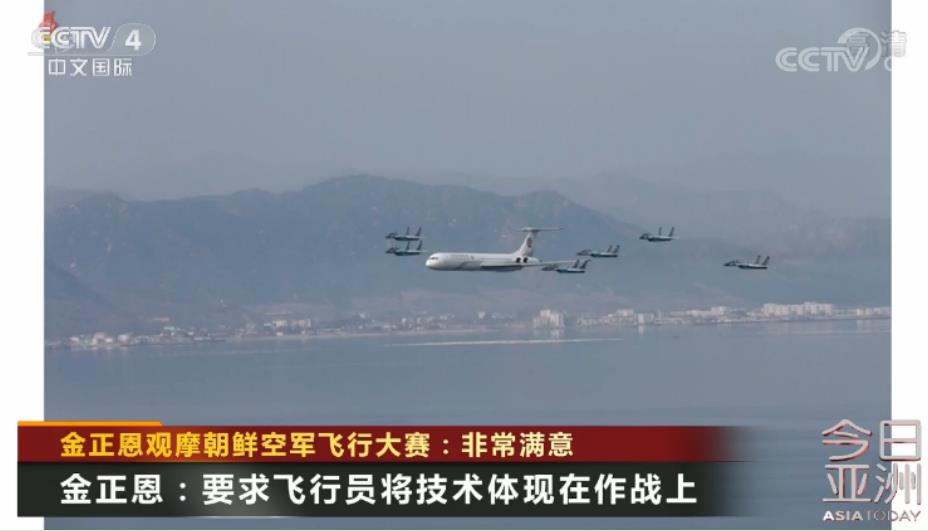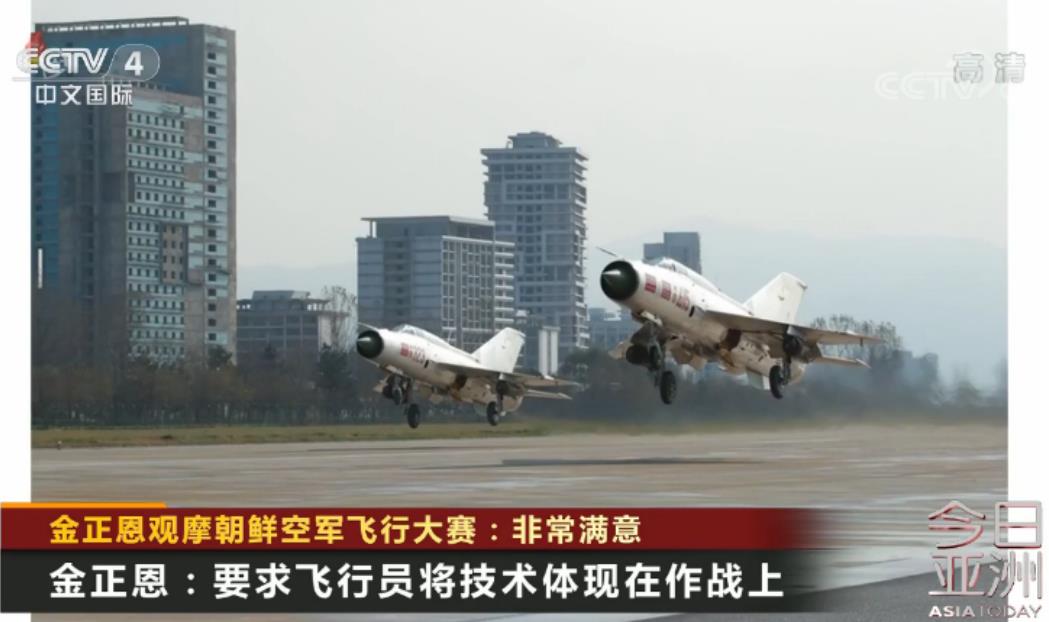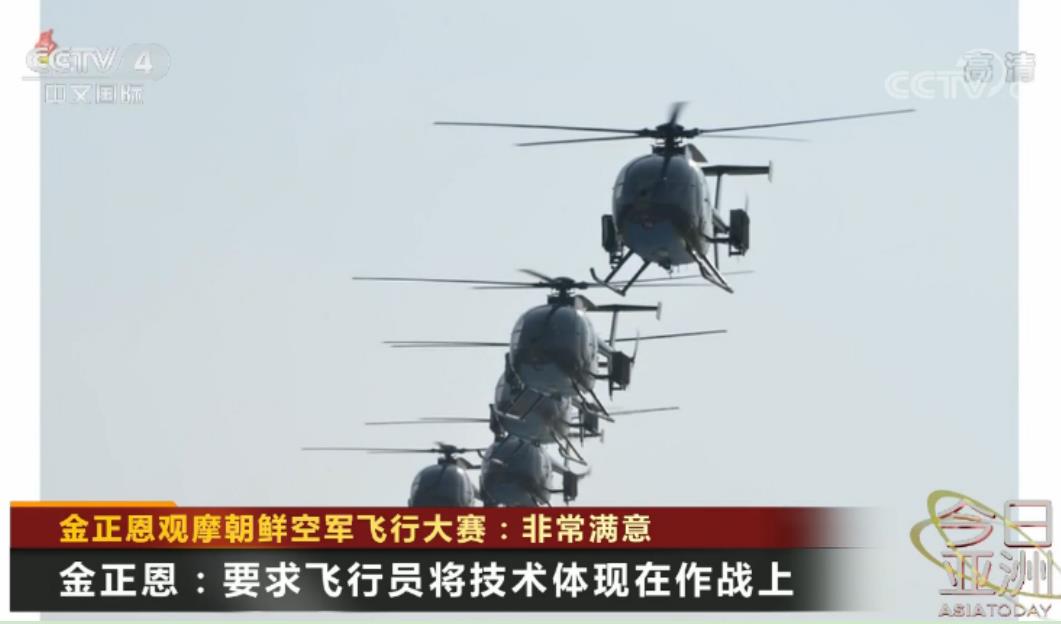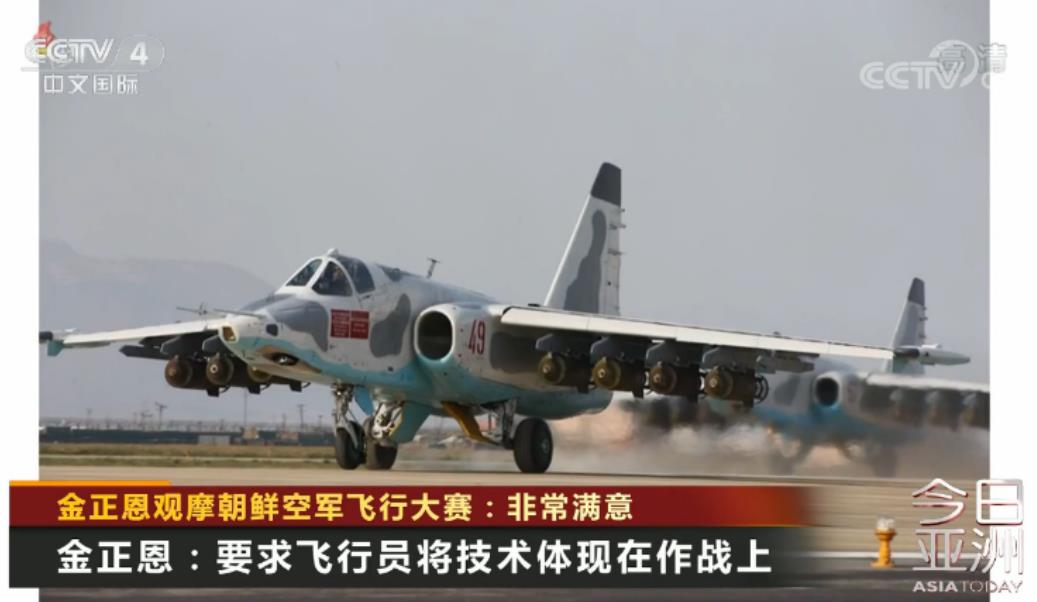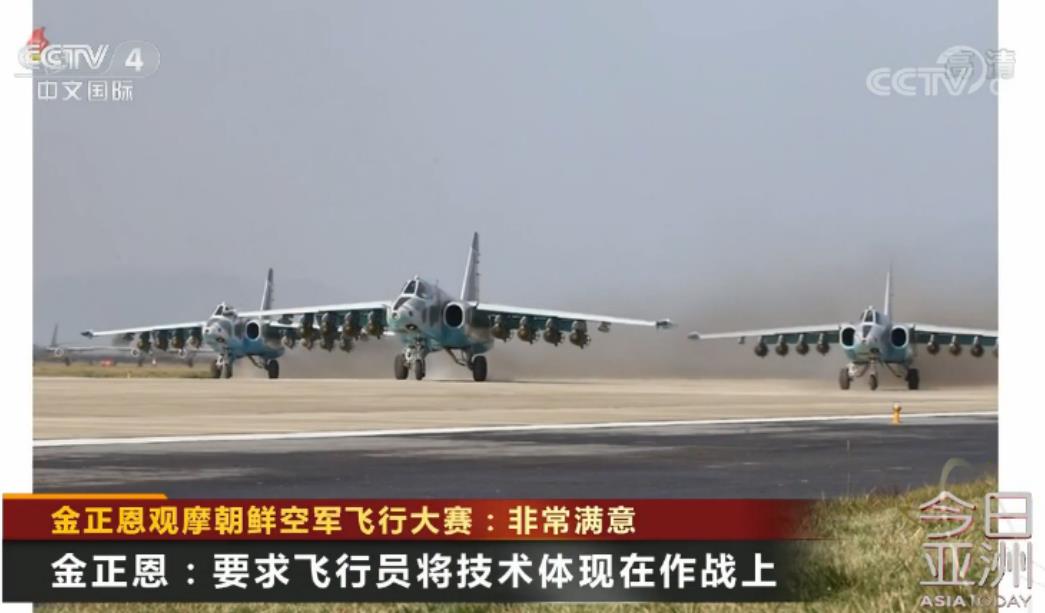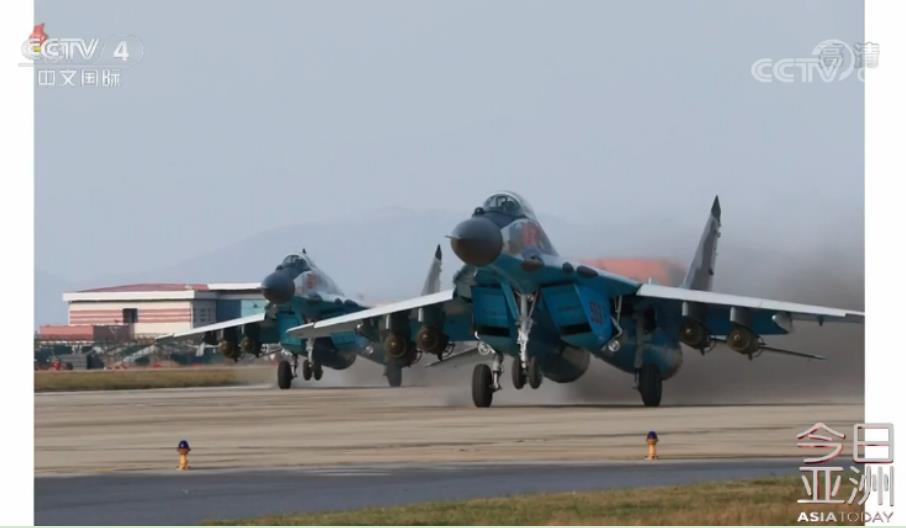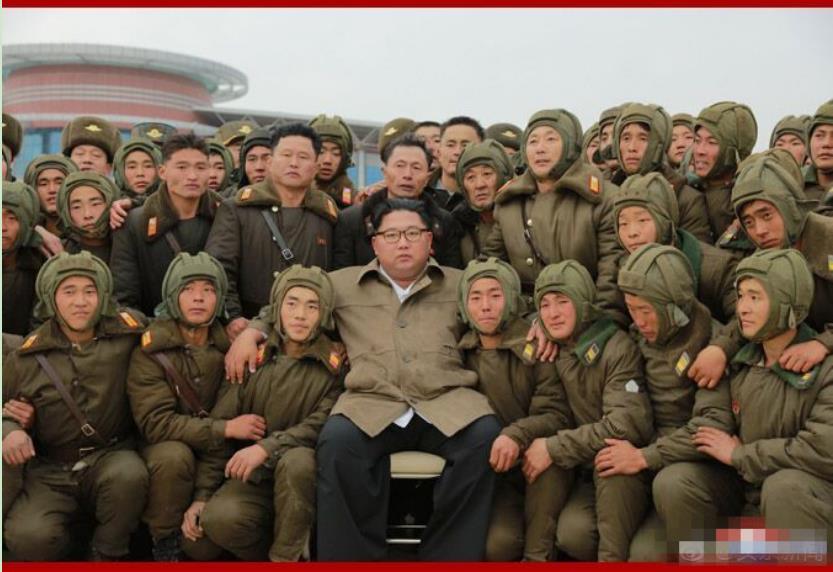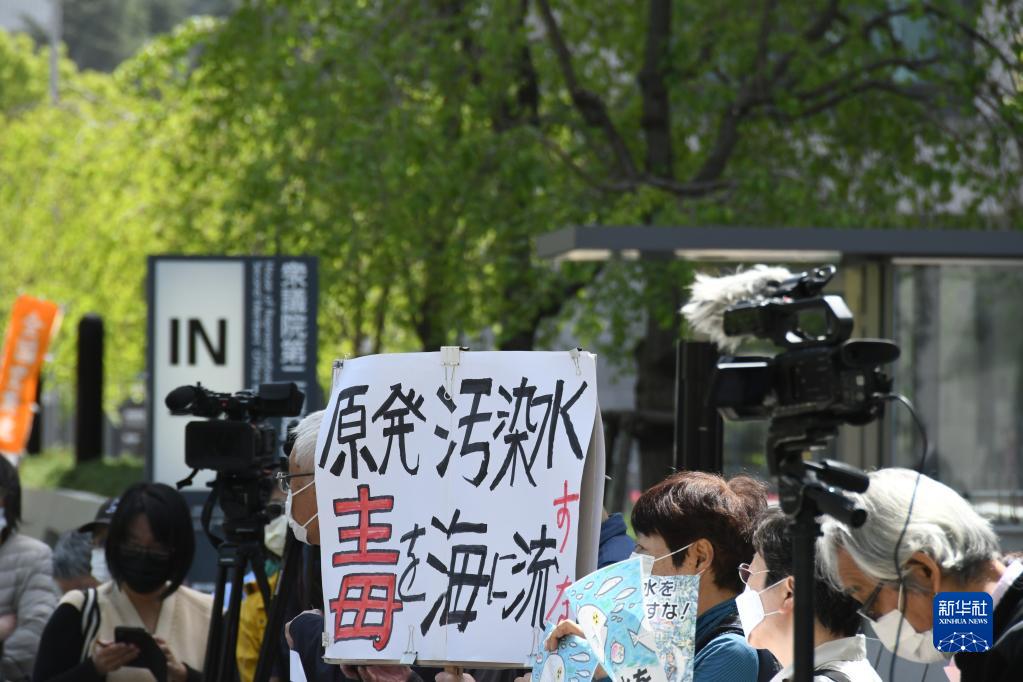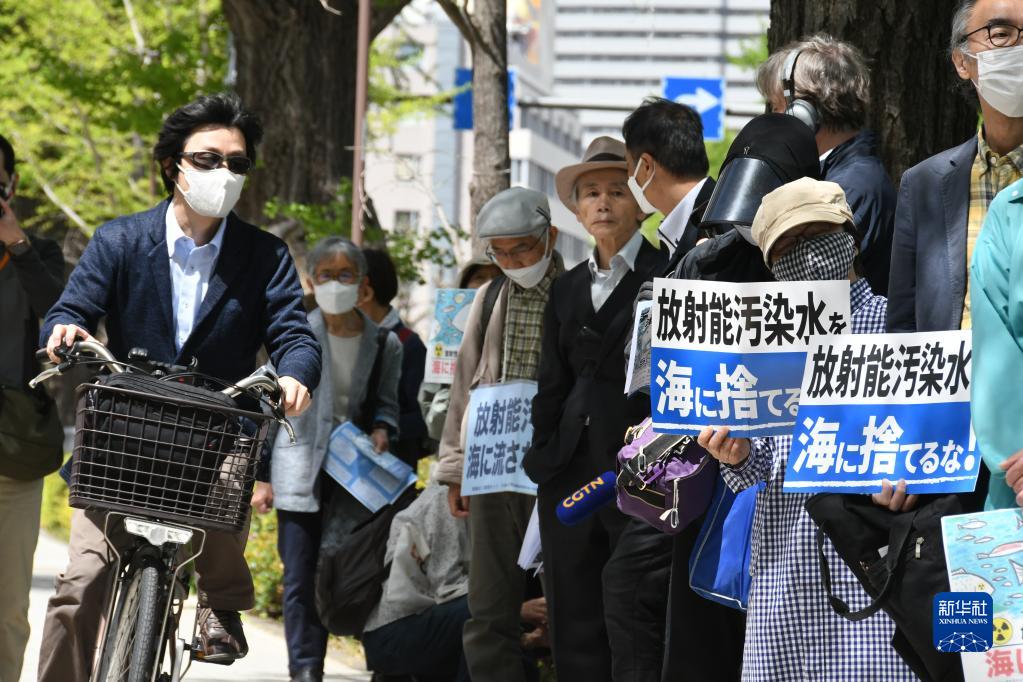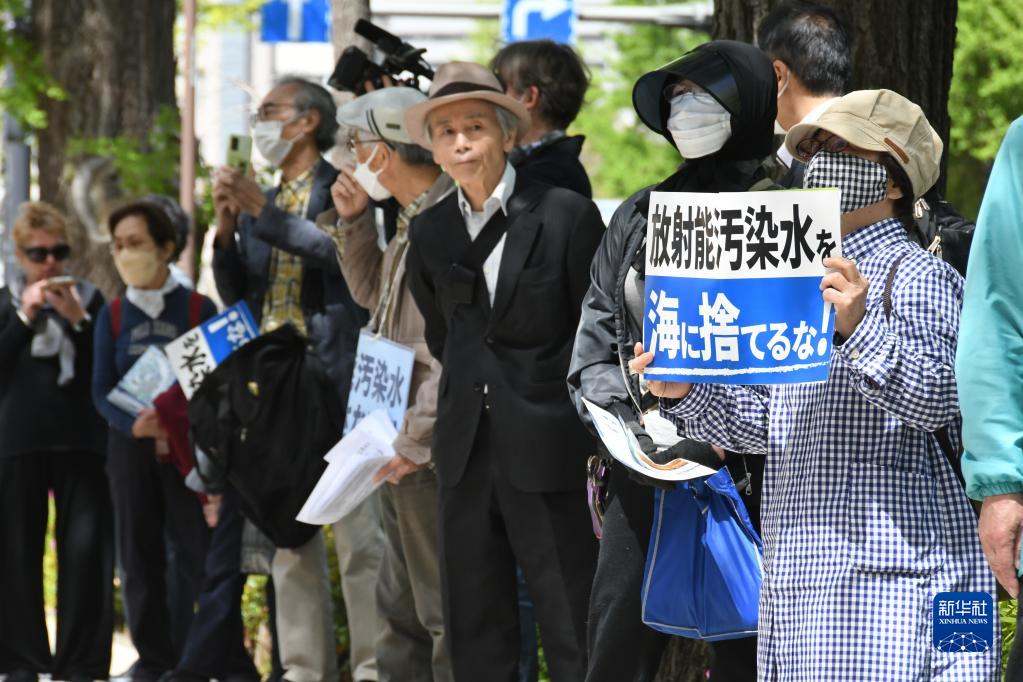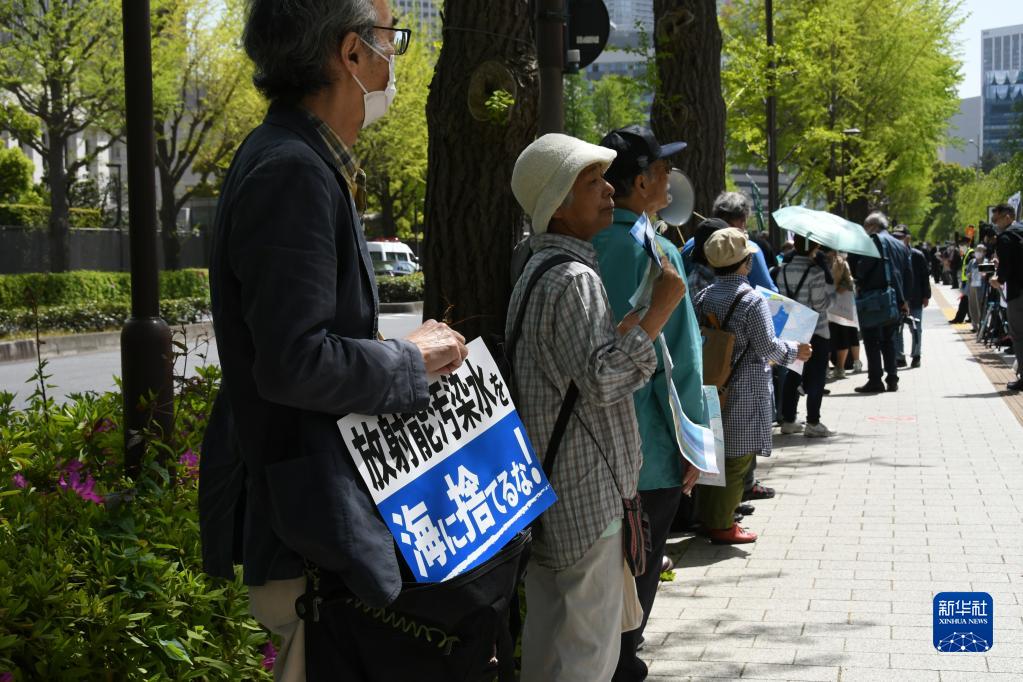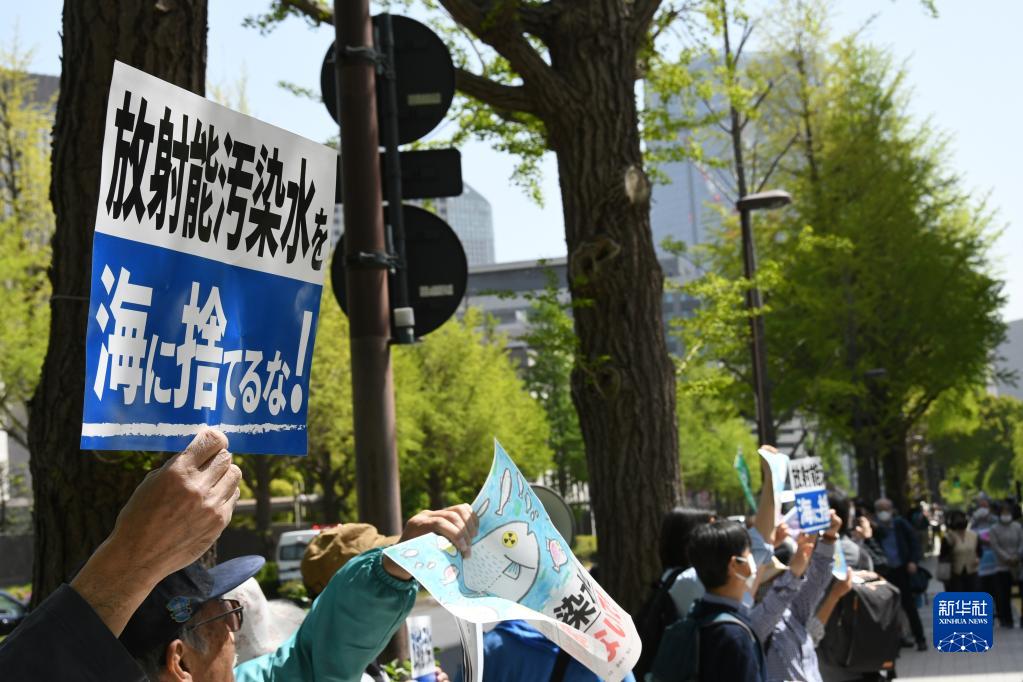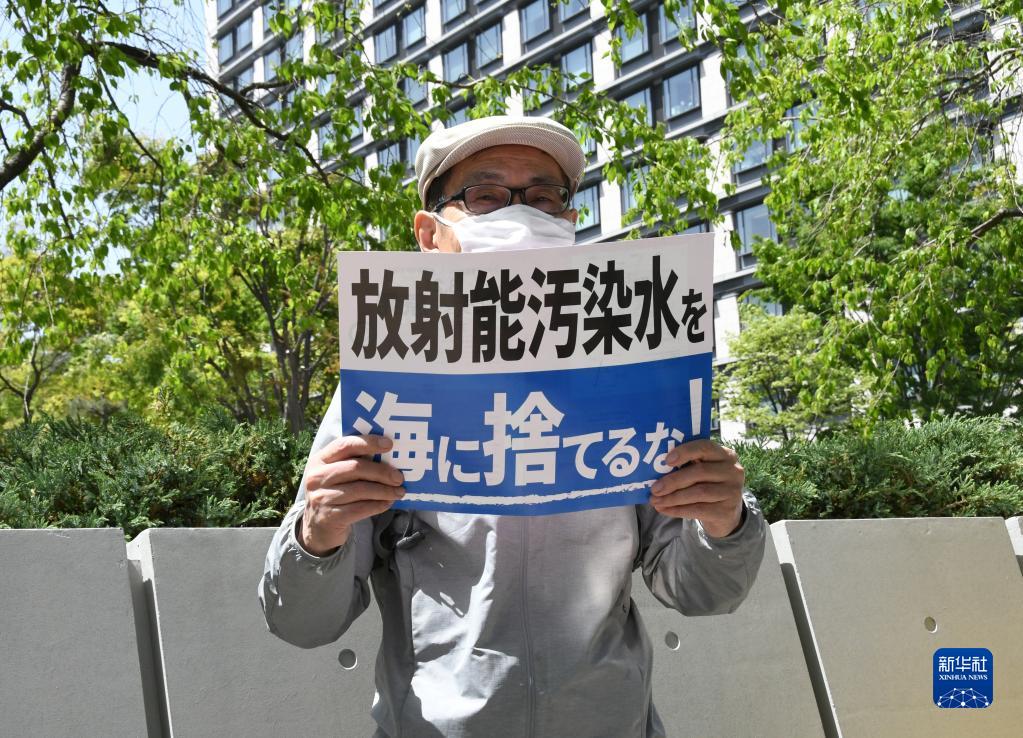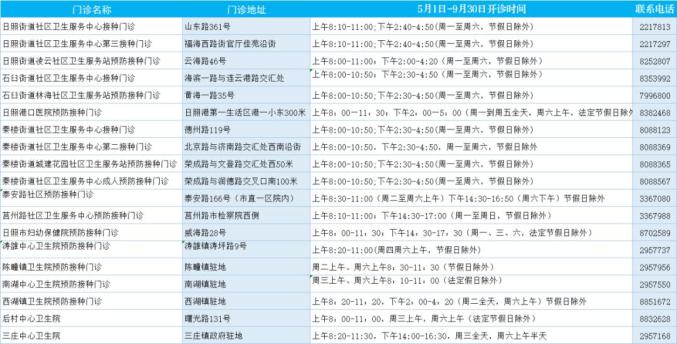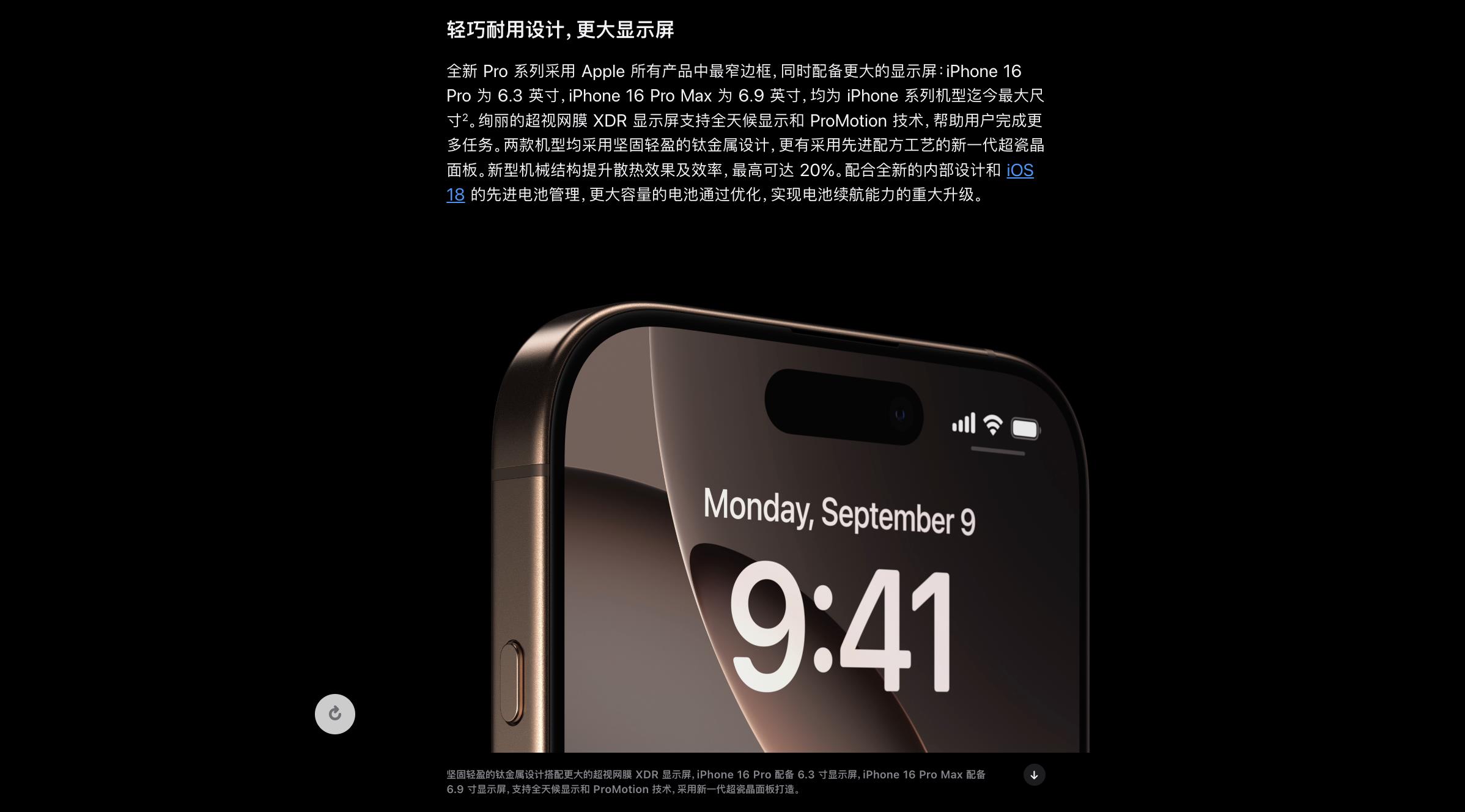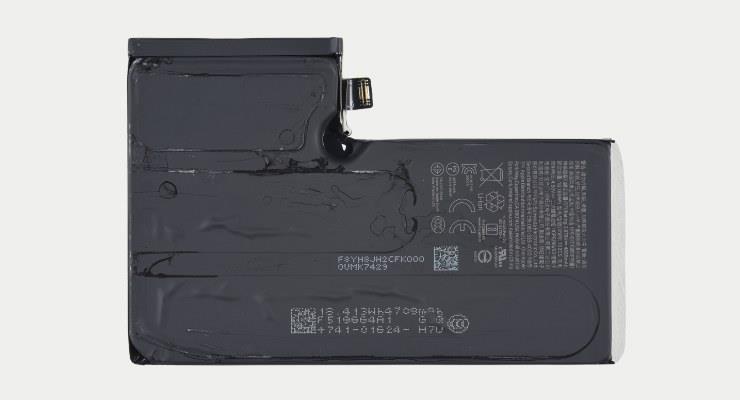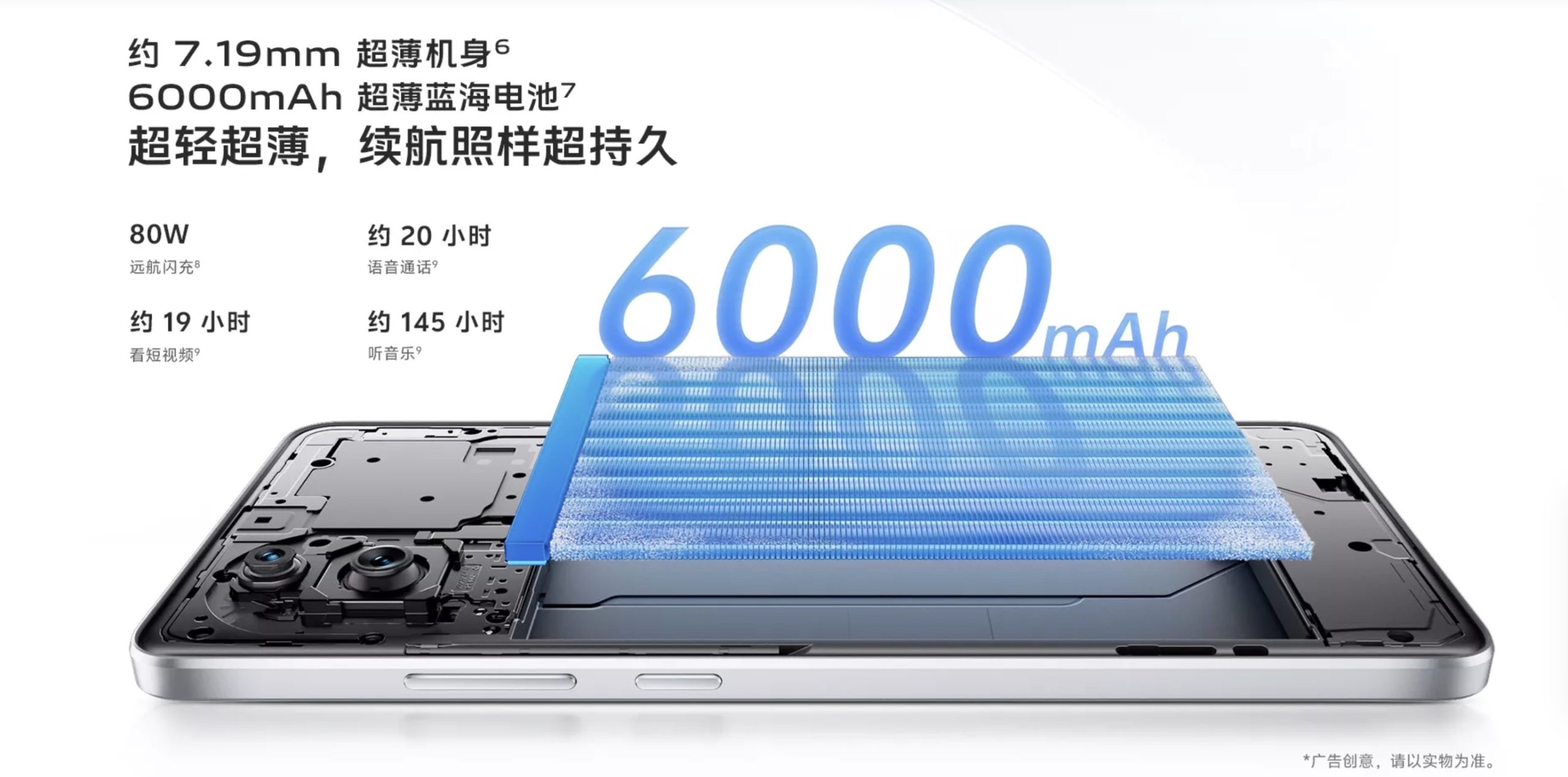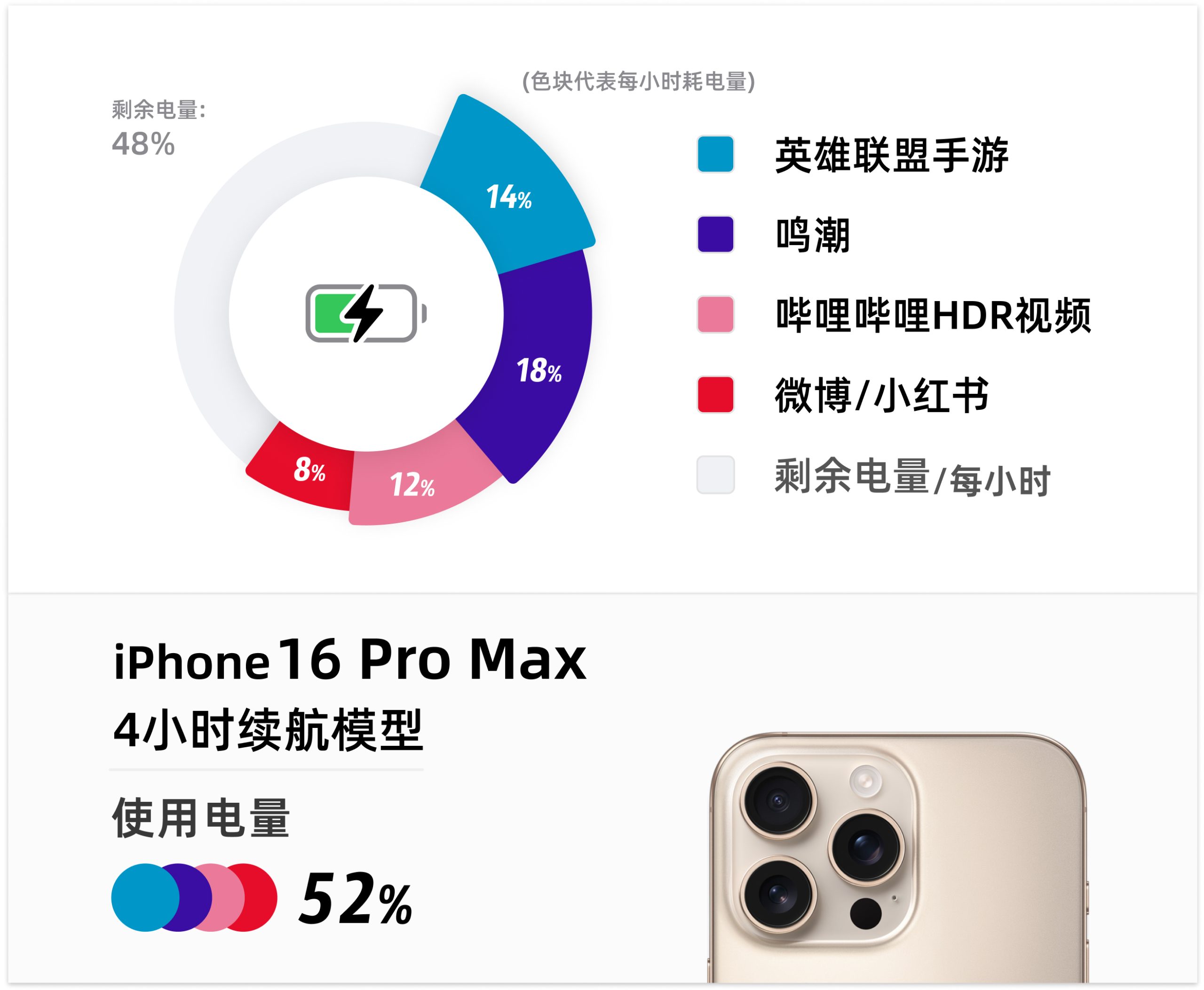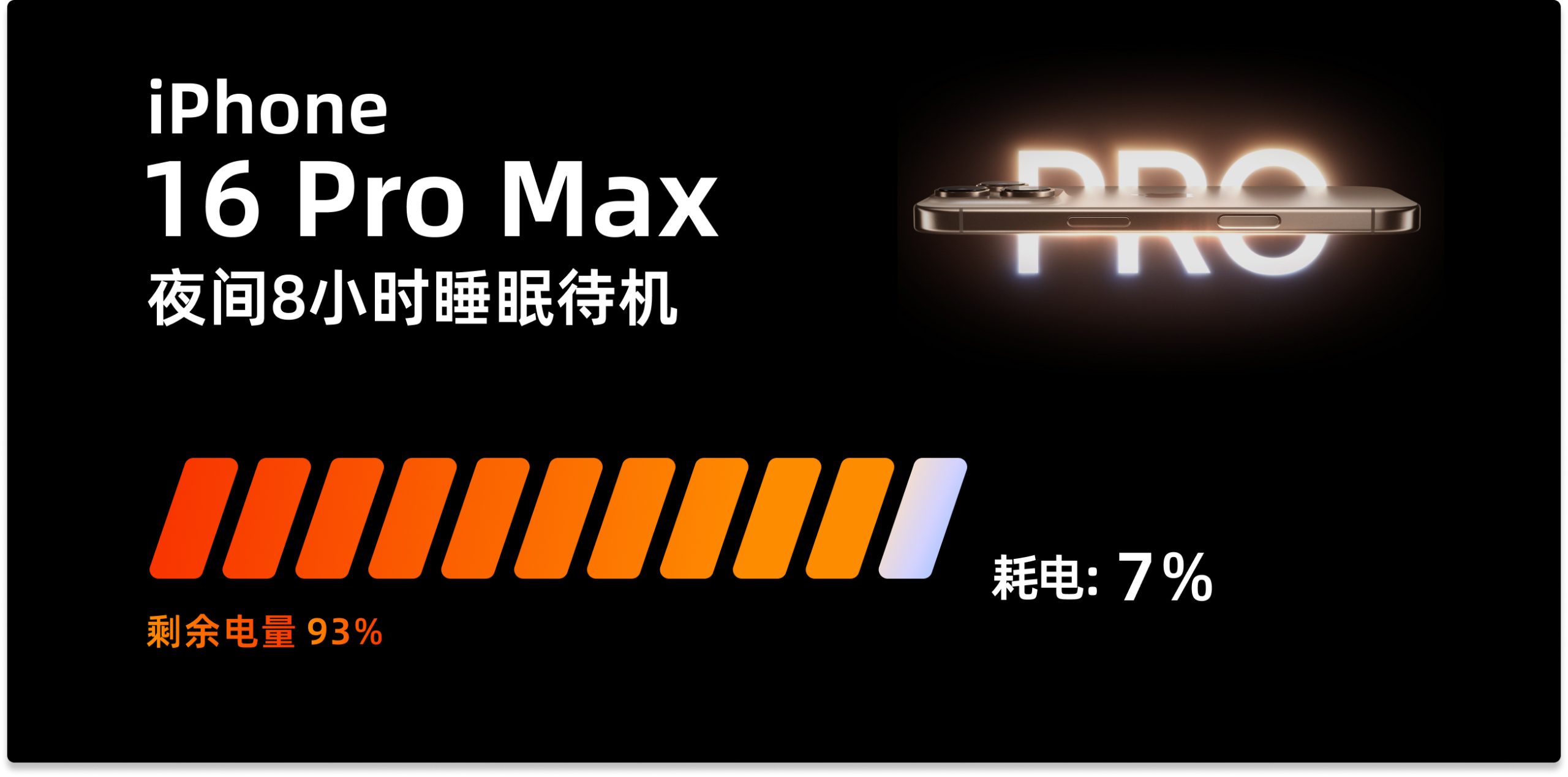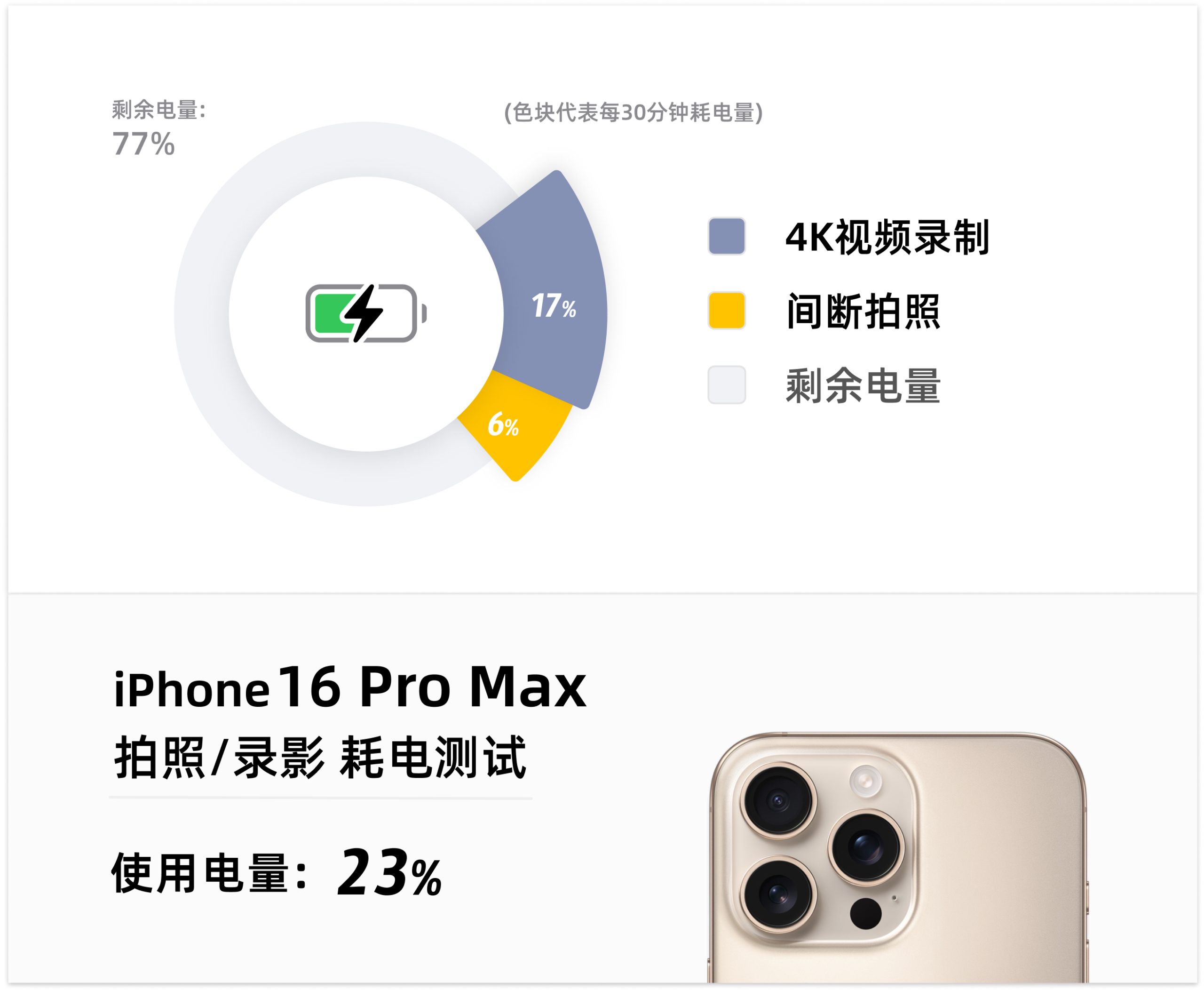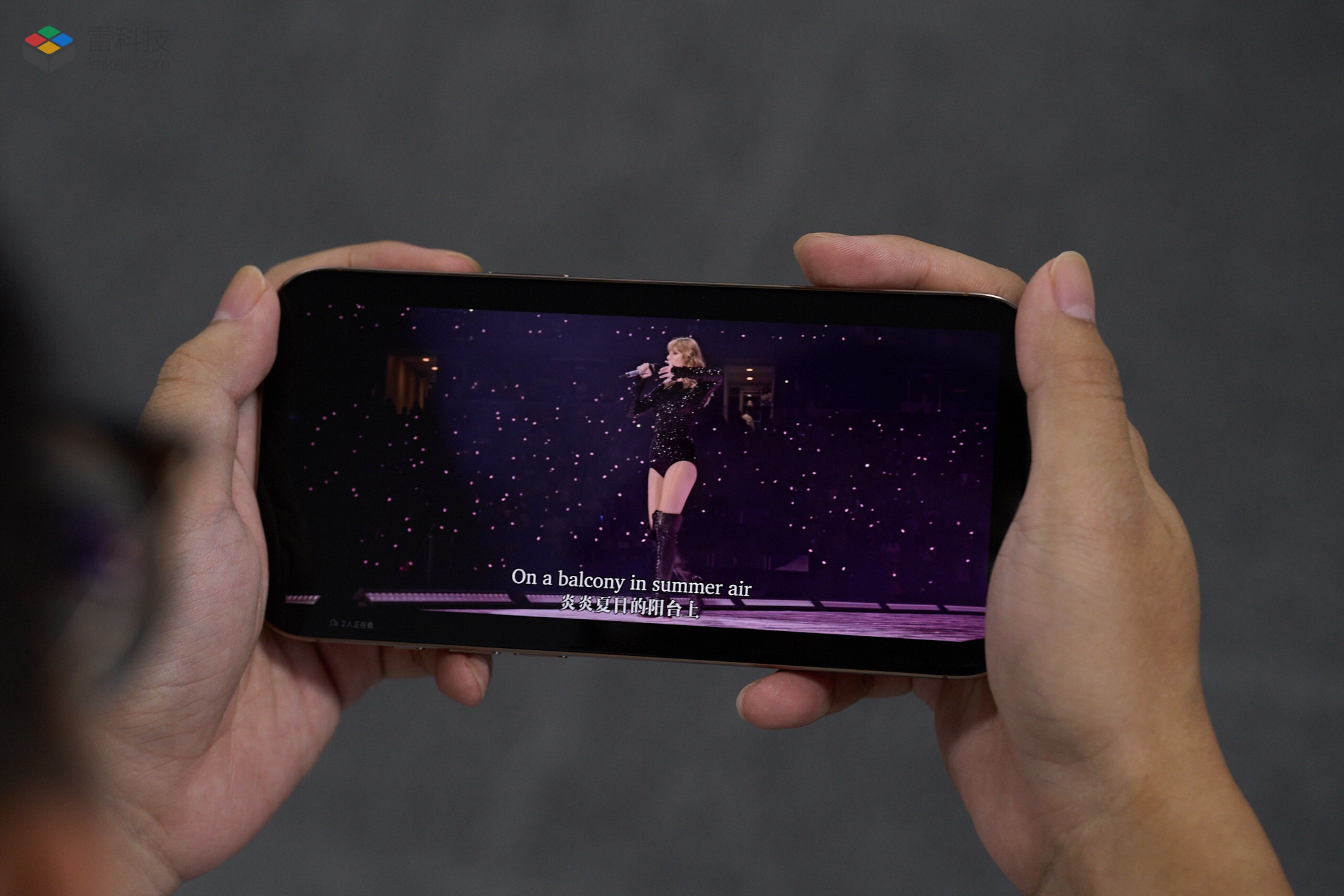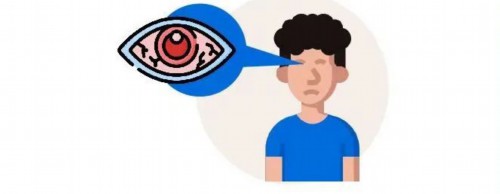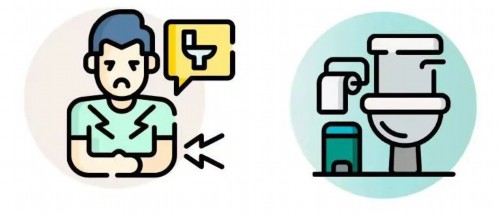Guangdong Provincial People’s Government on Accelerating the Construction of General Artificial Intelligence
Suggestions on the implementation of industrial innovation leading place
Yue Fu [2023] No.90
People’s governments at the local and municipal levels, departments and institutions directly under the provincial government:
In order to implement the spirit of the series of important expositions of the Supreme Leader General Secretary on artificial intelligence, implement the decision-making arrangements of the country to develop a new generation of artificial intelligence, seize the major strategic opportunity for the development of general artificial intelligence, give full play to Guangdong’s advantages in computing infrastructure, industrial application scenarios, data elements, etc., and accelerate the construction of a leading place for industrial innovation of general artificial intelligence, we hereby put forward the following opinions.
First, the overall goal
By 2025, the scale of intelligent computing power will be the first in the country and the world’s leading, the innovation system of general artificial intelligence technology will be relatively complete, the high-level application scenarios of artificial intelligence will be further expanded, the scale of core industries will exceed 300 billion yuan, and the number of enterprises will exceed 2,000. Guangdong will be built into a national leading place for innovation of general artificial intelligence industry, and a national intelligent computing hub center, Guangdong-Hong Kong-Macao Greater Bay Area Special Data Zone and national demonstration highland for scenario application will be built to form "computing power interconnection, algorithm open source and data".
Second, build a national intelligent computing hub center
(1) Create a general artificial intelligence computing ecology.
Research and develop high-end training and reasoning chips with versatility and programmability, and multi-modal and multi-precision computing power chips, and explore a new architecture that integrates reconfiguration, computing and storage. Develop efficient and easy-to-use open source artificial intelligence chip compilers and tool chains and other basic software, support the adaptation of independent artificial intelligence chips and domestic general-purpose servers, and build a perfect independent controllable artificial intelligence software and hardware ecosystem. (led by the Provincial Department of Industry and Information Technology, coordinated by the Provincial Development and Reform Commission, the Science and Technology Department, Guangzhou, Shenzhen and other municipal governments at or above the prefecture level)
(2) Building a national computing network hub node.
Play a central role in building the "China Computing Network" and realize the interconnection of large heterogeneous computing centers such as the national public computing open innovation platform and the intelligent computing center. Promote the National Computing Power Dispatching Center and Guangdong-Hong Kong-Macao Greater Bay Area Computing Power Dispatching Center to speed up their landing in Shenzhen and Shaoguan. Do a good job in publishing and sharing computing resources in Guangdong Province, form a significant advantage in the scale of intelligent computing power, and serve the development of the national digital economy and the major strategy of "East Counting and West Counting". (Led by the Provincial Development and Reform Commission, the Network Information Office of the Provincial Party Committee, the Provincial Department of Science and Technology, the Department of Industry and Information Technology, the Government Service Data Administration, the Energy Bureau, and the municipal governments at or above the prefecture level such as Guangzhou, Shenzhen and Shaoguan cooperate)
(3) Build a city-level computing platform that is in line with international standards.
Support local cities to build computing platforms in accordance with national and provincial data center planning and layout requirements, relying on research institutions, universities, leading enterprises, etc., effectively integrate computing resources in cities, integrate with the most advanced international computing products and computing frameworks, and build city-level computing scheduling platforms to achieve resource sharing and optimal allocation. Support the construction of a new generation of national artificial intelligence public computing power open innovation platform to meet the needs of scientific research and innovation. (The municipal governments at or above the local level take the lead, with the cooperation of the Provincial Development and Reform Commission, the Department of Science and Technology, the Department of Industry and Information Technology, and the Government Service Data Administration)
Third, strengthen the technical innovation ability of general artificial intelligence
(four) to strengthen the key technology research of large model.
Focusing on infrastructure, training algorithm, tuning and alignment, reasoning and deployment, a general large-scale artificial intelligence model with hundreds of billions of parameters is developed, and a complete technical system of autonomous and controllable large-scale model is formed. Focus on industry innovation scenarios such as intelligent economy and intelligent society, develop large vertical domain models with multi-modal data and deep integration of knowledge, and support industrial applications with multi-task and complex scenarios. (led by the Provincial Science and Technology Department, with the cooperation of relevant provincial units and municipal governments at or above the local level)
(5) Strengthen the research on cutting-edge and common key technologies.
Support cutting-edge and subversive technology research, carry out research in the direction of swarm intelligence, brain-like intelligence, embodied intelligence, human-computer hybrid intelligence, and strengthen the research on common key technologies such as unsupervised natural language processing, autonomous unmanned intelligence technology in groups, and artificial intelligence security technology, so as to form breakthrough and original achievements. (led by the provincial science and technology department, with the cooperation of municipal governments at or above the local level)
(six) to strengthen the research on evaluation and guarantee technology.
Encourage research on content generation, model evaluation, risk assessment, monitoring and early warning of general artificial intelligence, study multi-dimensional evaluation methods applicable to general artificial intelligence, and conduct research on the credibility and safety of large models to ensure the accuracy, creativity, robustness and safety of large model output. Build a digital government big model evaluation system, strengthen the application of evaluation results, and provide support for all localities, departments and industries to use big models. (led by the Provincial Government Service Data Management Bureau, supported by the Network Information Office of the Provincial Party Committee, the Provincial Department of Science and Technology, the Department of Industry and Information Technology, the Public Security Department, and the Communications Management Bureau, with the cooperation of municipal governments at or above the local level)
Fourth, build a trusted data integration development zone in Greater Bay Area.
(7) Make great efforts to build a special data zone in Guangdong-Hong Kong-Macao Greater Bay Area.
Accelerate the construction of "Digital Bay Area" and explore the cross-border two-way circulation mechanism of data. Give full play to the policy advantages of Hengqin in Zhuhai, Qianhai in Shenzhen, Hetao in Shenzhen, Nansha in Guangzhou and other regions, explore the creation of "Guangdong-Hong Kong-Macao Greater Bay Area Special Data Zone", and strive to open up business chains, data sharing and data circulation. Give full play to the advantages of Hong Kong and Macao’s systems and resources, establish a data circulation rule system and operation mechanism in the Bay Area, rely on the superior institutions in the Bay Area to integrate resources, build and share a trusted data circulation infrastructure, and provide services such as storage, sharing and trading for data compliance and effective circulation. Make full use of overseas high-quality data, establish a sample data fusion training mechanism, and promote the artificial intelligence innovation scene in the data special zone to try first. (Led by the Provincial Administration of Government Affairs Service Data, supported by the Network Information Office of the Provincial Party Committee, the Provincial Development and Reform Commission, the Science and Technology Department, Guangzhou, Shenzhen, Zhuhai and other municipal governments at or above the prefecture level)
(8) Focus on building high-quality multimodal Chinese data sets.
In-depth implementation of Guangdong’s second round of public data resources survey, gathering high-quality and highly available Chinese data, and carrying out public data labeling and tackling key actions. Create a common space for public and public welfare data, build an industry-oriented high-quality Chinese corpus database, and promote the collection, access, sharing, processing and use of typical industry data. Based on privacy computing, it supports the circulation security of sample data, and builds a trusted data labeling and model training environment. Encourage data circulation and trading in legally established data trading institutions, and promote cross-domain and cross-industry data integration. Build a high-quality data set and a refined labeling platform, promote the establishment of a data labeling alliance, form an industry standard for data labeling, establish a list of artificial intelligence industry data resources, pool industry data resources, and improve the scale and quality of artificial intelligence data labeling libraries. (led by the Provincial Government Service Data Management Bureau, the Department of Industry and Information Technology, the Provincial Science and Technology Department, and coordinated by the municipal governments at or above the local level)
(9) Efforts should be made to improve a credible and controllable digital security system.
Strengthen the construction of artificial intelligence endogenous security, firewalls, etc., enhance the ability of data security, establish a data classification and classification protection system, support service-providing enterprises and network service providers to develop traceability tools such as metadata tags, signatures, watermarks, etc., and do a good job in labeling. Give full play to the advantages of digital government’s basic ability of security, controllability and predictability, and improve the data monitoring, early warning and emergency response system. (led by the Network Information Office of the Provincial Party Committee, coordinated by the Provincial Department of Industry and Information Technology, the Public Security Department, the Government Service Data Administration and the Communications Administration, and the municipal governments at or above the local level)
Fifth, build a general artificial intelligence industry cluster
(10) Continuously optimize the layout of regional development.
We will build a regional development pattern with Guangzhou and Shenzhen as the main engines, the Pearl River Delta as the core, and the cities in eastern, western and eastern Guangdong cooperating with each other. High-level construction of Guangzhou and Shenzhen National New Generation Artificial Intelligence Innovation and Development Experimental Zone and National Artificial Intelligence Innovation and Application Pilot Zone, with institutional mechanism reform and innovative application as the traction, exploring new development modes and paths of general artificial intelligence, and creating the forefront of industrial science and technology innovation. Support the construction of artificial intelligence headquarters and professional parks in Hetao area, and accelerate the construction of artificial intelligence and digital economy research and development industrial parks. Give full play to the advantages of industrial resources agglomeration in the Pearl River Delta region and form a number of strategic industrial clusters with international competitiveness. Support the construction of computing infrastructure in eastern and western Guangdong, and provide support for computing services in Guangdong. (led by the Provincial Department of Science and Technology, the Department of Industry and Information Technology, and coordinated by the municipal governments at or above the local level)
(eleven) continue to promote the construction of artificial intelligence industry base.
Accelerate the strategic and overall layout of large-scale industrial clusters and professional parks. Support the existing provincial-level artificial intelligence industrial parks to improve quality and efficiency, encourage the parks to increase services in talent introduction, intellectual property protection, investment and financing, listing counseling and docking, vigorously introduce related projects, and accelerate industrial agglomeration. Relying on the carriers such as central city science and technology city, high-tech industrial park, economic and technological development zone, characteristic industrial park, characteristic town and integration of defense and civilian technologies industrial base, we will build an artificial intelligence industrial agglomeration and application demonstration park to realize cluster development. Support Shaoguan to build an artificial intelligence industrial park by relying on the data center cluster of Guangdong-Hong Kong-Macao Greater Bay Area national hub node of the national integrated computing network, and give full play to the advantages of computing power and production factor cost of Shaoguan computing network hub node, actively connect Guangzhou and Shenzhen, explore the construction of an artificial intelligence industrial enclave, and promote the coordinated development of artificial intelligence industry in the province. Build an "industrial number chain" and create a virtual industrial cluster with data as the core. (led by the Provincial Department of Industry and Information Technology, coordinated by the Provincial Department of Science and Technology, Guangzhou, Shenzhen, Shaoguan and other municipal governments at or above the prefecture level)
(twelve) continue to cultivate leading enterprises with international competitiveness.
Support leading enterprises to become bigger and stronger around the long-term layout of general artificial intelligence, rapidly improve the level of leading product research and development and industry empowerment, and accelerate the construction of world-class artificial intelligence enterprises. Encourage leading enterprises to build overseas R&D centers, strengthen exchanges and cooperation with foreign advantageous enterprises, and use international talents, technology and other resources to carry out offshore innovation. Accelerate the cultivation of benchmark enterprises in the artificial intelligence industry, support small and medium-sized enterprises to accelerate their development through listing, mergers and acquisitions, and build a number of leading enterprises in the field of artificial intelligence segmentation to support the development and growth of the artificial intelligence industry. (led by the Provincial Department of Industry and Information Technology, coordinated by the Provincial Department of Science and Technology and the Department of Commerce and the municipal governments at or above the local level)
(thirteen) continue to play the leading role of artificial intelligence platform carrier.
Give full play to the role of a number of strategic scientific and technological forces such as Pengcheng Laboratory, Laboratory of Artificial Intelligence and Digital Economy Province, strengthen the construction of high-level innovation research institutes and new R&D institutions, actively carry out the introduction and layout of high-end innovation resources, and strengthen joint innovation with R&D institutions in Hong Kong and Macao. Strengthen the capacity building of a new generation of artificial intelligence open innovation platform, integrate the upstream and downstream resources of the industry, and increase support for advanced algorithm research, hardware product research and development, and industry application empowerment. Encourage platform institutions to cooperate with other enterprises, lower the threshold of technology and resource use, and guide more small and medium-sized enterprises and industry developers to innovate and start businesses. (led by the provincial science and technology department, with the cooperation of municipal governments at or above the local level)
(fourteen) continue to support the innovation of software and hardware products.
Relying on Guangdong’s advantageous industries, support key enterprises to integrate large model technology into terminal products, reconstruct system resource scheduling and various application calling methods, and create a new intelligent operating system. Support the original design and manufacturing enterprises to introduce large model technology to develop products with artificial intelligence application functions. Support software companies to strengthen the research and development of large model plug-ins, develop commercial software that integrates artificial intelligence applications, and create an "intelligent assistant+software" ecosystem. (led by the Provincial Department of Industry and Information Technology, coordinated by the Provincial Department of Science and Technology and municipal governments at or above the local level)
(fifteen) continue to accelerate the application of technological innovation scenarios.
Strengthen the deep integration of technology with economic, social and scientific fields, create a typical application scenario with strong instruction model, wide driving force and high display, and promote relevant enterprises and research institutions to form industry alliances. Through scene innovation, the key technologies of general artificial intelligence will be iteratively upgraded, and the continuous innovation of the interactive evolution of technology supply and scene demand will be formed, which will promote the development level of manufacturing, medical care, education, finance, scientific research and other fields. Joint leading enterprises set up a joint laboratory of government affairs model, co-ordinate the construction of a digital government artificial intelligence operation platform, and regularly publish a list of artificial intelligence scenarios. (led by the Provincial Department of Industry and Information Technology and the Government Service Data Administration, with the cooperation of relevant provincial units and municipal governments at or above the local level)
Sixth, build a general artificial intelligence innovation ecosystem
(sixteen) to strengthen the supporting role of technology and finance.
Support local cities to formulate special support policies for artificial intelligence in line with regional characteristics, give play to the guiding role of policy funds such as industrial development funds and innovation and entrepreneurship funds, coordinate and integrate fund resources, and build a 100 billion-level artificial intelligence fund group. (led by Provincial Development and Reform Commission, Science and Technology Department, Industry and Information Technology Department, and coordinated by Provincial Department of Finance and Local Financial Supervision Bureau)
(seventeen) increase the intensity of open cooperation.
Strengthen inter-provincial cooperation, enhance industrial and innovation capabilities, and realize complementary advantages. Hold high-level forums and international conferences, and use large-scale activities such as Greater Bay Area Science Forum, Digital Bay Area Development Conference and China International Hi-tech Fair to enhance international exchanges and cooperation. Give full play to Guangdong-Hong Kong-Macao Greater Bay Area’s unique advantages, explore innovative modes of joint project support, joint talent training and joint capital investment with Hong Kong and Macao, form a new innovative consortium of Guangdong, Hong Kong and Macao, and explore new modes and paths of artificial intelligence development in terms of computing power supply and technology complementarity. (Led by the Provincial Development and Reform Commission, the Provincial Department of Education, the Science and Technology Department, the Department of Industry and Information Technology, the Department of Finance, the Department of Commerce, the Government Service Data Administration, the Hong Kong and Macao Affairs Office, and coordinated by municipal governments at or above the local level)
(eighteen) the construction of computing algorithm trading platform.
Integrate the computing power resources of leading enterprises’ commercial data centers, study and formulate the measurement standards of computing power resources, and classify and classify the computing power products. Guide leading enterprises to open up existing cloud computing resources, integrate and build Guangdong "AI Cloud", support the call of large models of all parties, advocate the mode of "model is product, model is service", realize customers’ selective access to different cloud resources as needed, and establish an interconnected computing power, large model and algorithm transaction service system. (led by the Provincial Department of Industry and Information Technology, the Government Service Data Administration, the Provincial Development and Reform Commission, and coordinated by municipal governments at or above the local level)
VII. Safeguard measures
(nineteen) to strengthen organizational leadership.
Establish a collaborative promotion mechanism of Guangdong General Artificial Intelligence with the participation and coordination of relevant departments to jointly promote innovation and development. Promote the construction of high-end think tanks for general artificial intelligence, conduct research on forward-looking and strategic major issues, and provide consultation and evaluation for major decisions on innovation and development. (led by the Provincial Department of Science and Technology, coordinated by the provincial development and Reform Commission, the Education Department, the Department of Industry and Information Technology, the Finance Department, the Department of Commerce, and the Government Service Data Administration)
(20) Give play to policy synergy.
Relevant policies and measures have been introduced in tackling key problems in scientific research, building a "digital bay area" and credible products to form a multi-dimensional policy support system. Implement the flagship project of "New Generation Artificial Intelligence", accelerate the formulation of the action plan for the construction of "Digital Bay Area", study and promote the formulation of relevant laws and regulations on the supply of trusted artificial intelligence products and services, form a joint policy force, and win the initiative of strategic development. (The Provincial Department of Science and Technology, the Department of Industry and Information Technology, and the Government Service Data Administration are responsible for the division of responsibilities)
(twenty-one) to build a high-level talent gathering place.
Take advantage of Guangdong-Hong Kong-Macao Greater Bay Area’s location, speed up the introduction of global high-end talents, and optimize overseas talents’ settlement and service guarantee measures. Strengthen talent exchange and joint education with institutions of higher learning and scientific research in Hong Kong and Macao, and accelerate the cultivation of compound talents. Give play to the talent gathering role of laboratories, high-level innovation research institutes, new research and development institutions, leading enterprises and other institutions, and introduce and cultivate technical and industrial talents at all levels. Give play to the role of all kinds of innovation and entrepreneurship competitions in talent introduction and project landing, hold high-quality, high-standard artificial intelligence algorithm competitions, attract outstanding teams from all over the country, and accelerate the introduction of all kinds of innovative and entrepreneurial young talents. Improve the evaluation system of professional titles of engineering and technical personnel such as artificial intelligence and big data. (Provincial Department of Education, Department of Science and Technology, Department of Industry and Information Technology, Department of Human Resources and Social Security, and Government Service Data Administration are responsible for the division of responsibilities, with the cooperation of municipal governments at or above the local level)
(22) Explore and create an inclusive and prudent regulatory environment.
Explore the innovation of artificial intelligence supervision mode, implement hierarchical, classified and differentiated supervision according to different sub-sectors of artificial intelligence and specific situations such as risk level, application scenarios and scope of influence, and adopt different supervision modes for high, medium and low-risk applications. Build an artificial intelligence anti-fraud platform and strengthen the promotion of new artificial intelligence fraud. Scientific monitoring, early warning and evaluation of risks and disasters caused by general artificial intelligence technology and its application, promoting collaborative governance, and responding to various problems in the application of artificial intelligence in a timely manner. Focusing on technical ethics, employment, data privacy protection, moral awareness and other fields, we will study and formulate safety norms, carry out theoretical research, and promote the docking of international standards and participate in the formulation. (led by the Network Information Office of the Provincial Party Committee, with the cooperation of the Provincial Department of Industry and Information Technology, the Public Security Department, the Department of Human Resources and Social Security, the Government Service Data Administration, the Communications Administration and the Market Supervision Bureau)
people’s government of guangdong province
November 3, 2023
